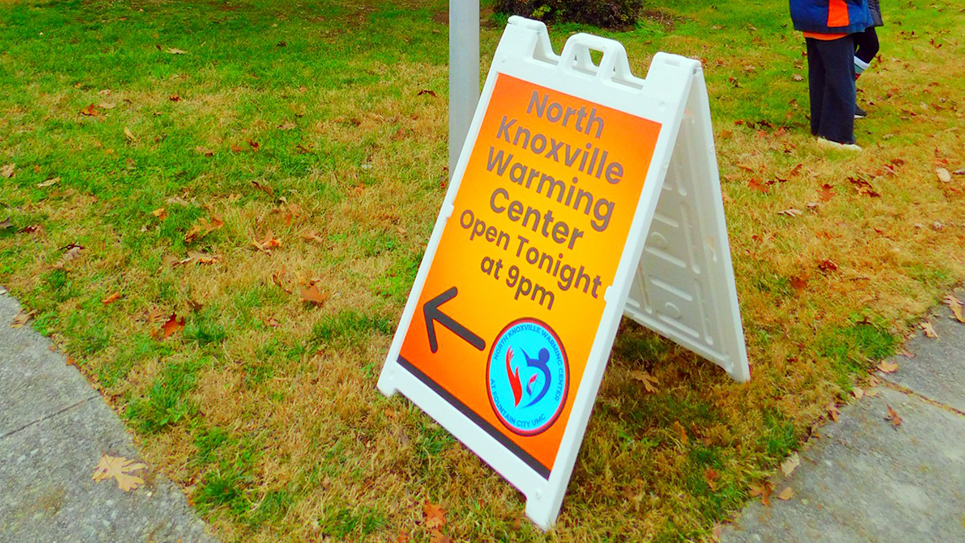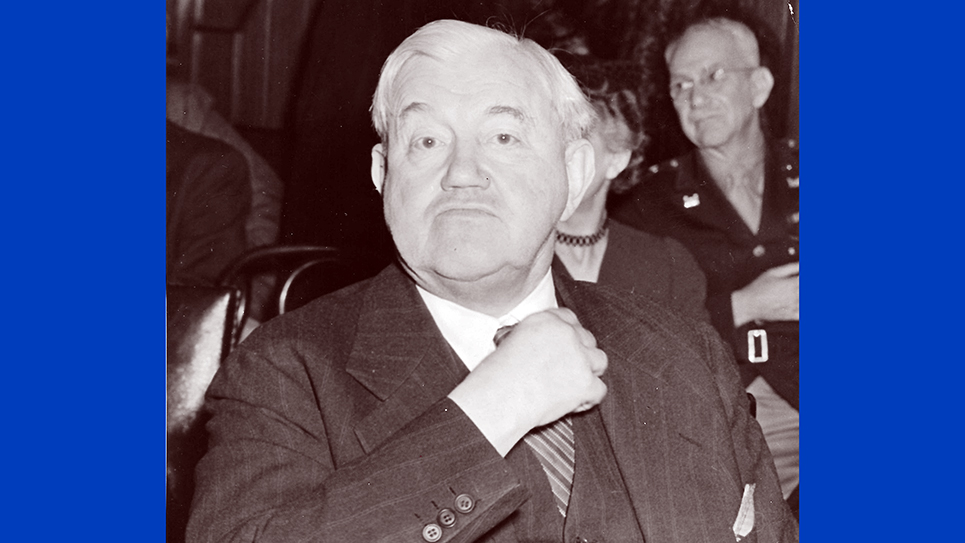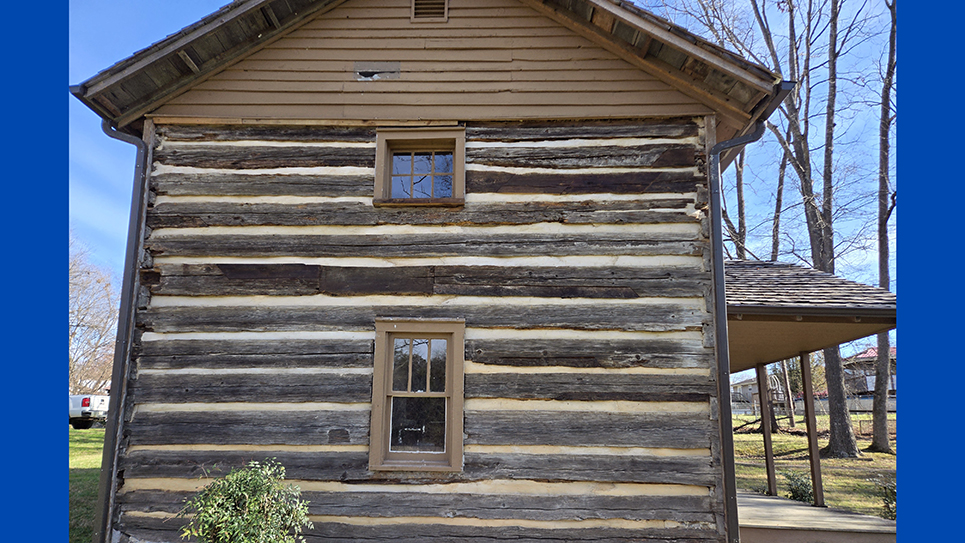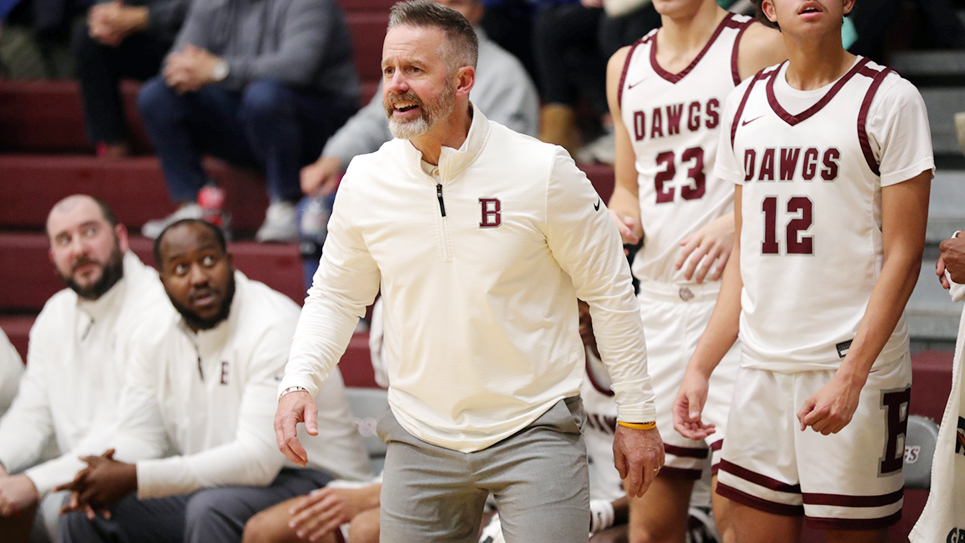By Tom Mattingly
The early years of Tennessee football were not without their share of history-making occurrences.
The Tennessee football program was lucky to have survived the 1893 season, the third in school history. The team lost by 56-0 to Kentucky A&M (later Kentucky State, then Kentucky), 64-0 to Wake Forest, 70-0 to Trinity College (now Duke), and 60-0 to North Carolina, between Oct. 21 and Nov. 7, all on the road.
According to University records, when it came time for the 1894 season, only two players admitted they had been part of the 1893 squad. As a result, there were no teams in 1894 and 1895, with club teams being formed to keep football alive.
The leader of those club teams was William B. Stokely, whose family would have a profound leadership role and influence on campus through much of the 20th century and beyond.
“He learned his football at Wake Forest,” grandson Bill Stokely III said. “He came back to Tennessee and was disappointed there wasn’t a team. He held things together in that gap. He always jokingly said he was named captain because he had the only football. He was proud of that and had fond memories.”
There was debate over the “direction” of the program, even in those days. It is not a stretch to wonder what might have transpired had sports talk radio been in existence.
Consider this. Between 1891 and 1916, Tennessee was 3-9-1 against Sewanee. The Vols were 2-17-2 against Vanderbilt between 1892 and 1925 and 5-7-2 against Kentucky between 1893 and 1925. They were 2-8-1 against Alabama from 1901-14.
Someone would likely have called in and asked, plaintively: ‘’When are we going to beat Sewanee?” “When are we going to beat Vanderbilt?” “Why do we have losing records against Kentucky and Alabama?” There might even have been the equivalent of today’s “Cosby Cattleman” and Tony Basilio. Maybe even the radio personality known as “Beano.”
No one knows if head coaches, J.A. Pierce, Zora Clevenger, or one of the other coaches of that day might have had the foresight to coin the term “legions of the miserable.” Many years later, someone, possibly Rick Pitino or John Majors, actually did so.
Going into the mid-1920s, the general direction of the program and, more importantly, the trend in the Vanderbilt series, concerned Dean Nathan Washington (“Big Un”) Dougherty, chairman of the Athletics Council.
Dougherty had been captain of the 1-6-2 1911 team that scored a scant 11 points and did that in the Nov. 25 season finale against Transylvania. That game ended George Levene’s tenure and brought on Andrew A. Stone for the next season.
Expectations had been high in 1909, but the talent level apparently did not match the hype. Consider the commitment players made before the season started.
“I do solemnly promise upon my word as a gentleman to go into strict training from September 11, 1909, till the evening of November 25, 1909,” read an oath signed by Vol players. “It shall be my aim to aid or assist in any way as will help to make the Univ. of Tenn. Football team of 1909 the best in the South.”
Vol football was in such dire straits those days that two Tennessee head coaches moved to high schools in Knoxville, apparently considering the moves promotions.
Those events had to have been paramount in Dougherty’s thinking the day in late 1925 he named Maj. Robert R. Neyland, then two months or so short of his 34th birthday, as head coach. Dougherty wanted Neyland from the start of his “search” for M.B. Banks’ successor.
“Even the score with Vanderbilt. Do something about the terrible series standing,” Dougherty is rumored to have said. Neyland’s mandate was winning. From that point on, Neyland did “something” about the series, and Vol football has never the same since.
That’s why Robert Reese Neyland’s name ended up on the facade of the big stadium by the river on Oct. 20, 1962, and his game maxims are still recited in the dressing room before kickoff. Over the years, many Tennessee-trained coaches have also used the maxims in their pre-game orations.
The Nathan W. Dougherty Engineering Building on “The Hill” was named in his honor on June 6, 1964.
The massive stadium stands today in tribute to their efforts. Their leadership was instrumental in the program’s growth and development. Tennessee teams have brought Vol fans many great moments over the years and have continued to engender great passion.
Dougherty and Neyland contributed mightily to the tradition we revere today.






